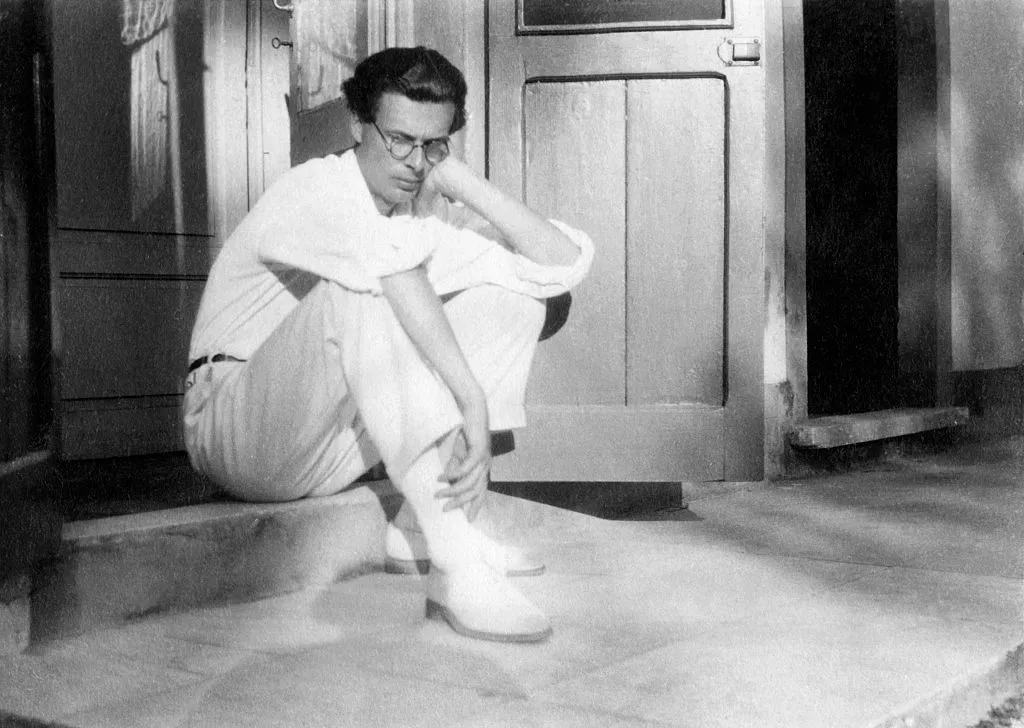
In the spring of 1953, Huxley had his first experience with the psychedelic drug mescaline. Huxley had initiated a correspondence with Doctor Humphry Osmond, a British psychiatrist then employed in a Canadian institution, and eventually asked him to supply a dose of mescaline; Osmond obliged and supervised Huxley’s session in southern California. After the publication of The Doors of Perception, in which he recounted this experience, Huxley and Swami Prabhavananda disagreed about the meaning and importance of the psychedelic drug experience, which may have caused the relationship to cool, but Huxley continued to write articles for the society’s journal, lecture at the temple, and attend social functions. Huxley later had an experience on mescaline that he considered more profound than those detailed in The Doors of Perception.
Huxley wrote that “The mystical experience is doubly valuable; it is valuable because it gives the experiencer a better understanding of himself and the world and because it may help him to lead a less self-centered and more creative life.”
Having tried LSD in the 1950s, he became an advisor to Timothy Leary and Richard Alpert in their early-1960s research work with psychedelic drugs at Harvard. Personality differences led Huxley to distance himself from Leary, when Huxley grew concerned that Leary had become too keen on promoting the drugs rather indiscriminately, even playing the rebel with a fondness for publicity.
